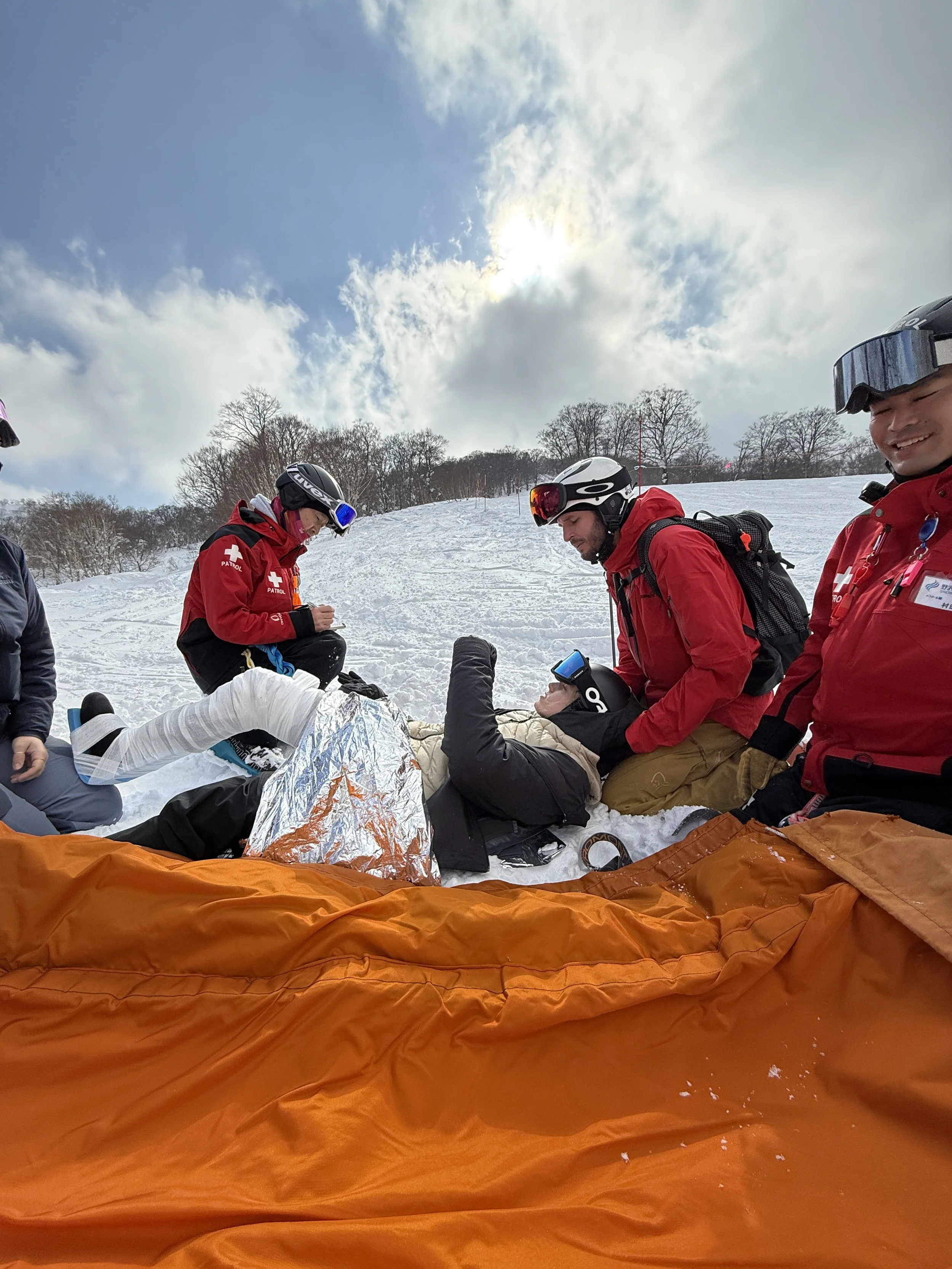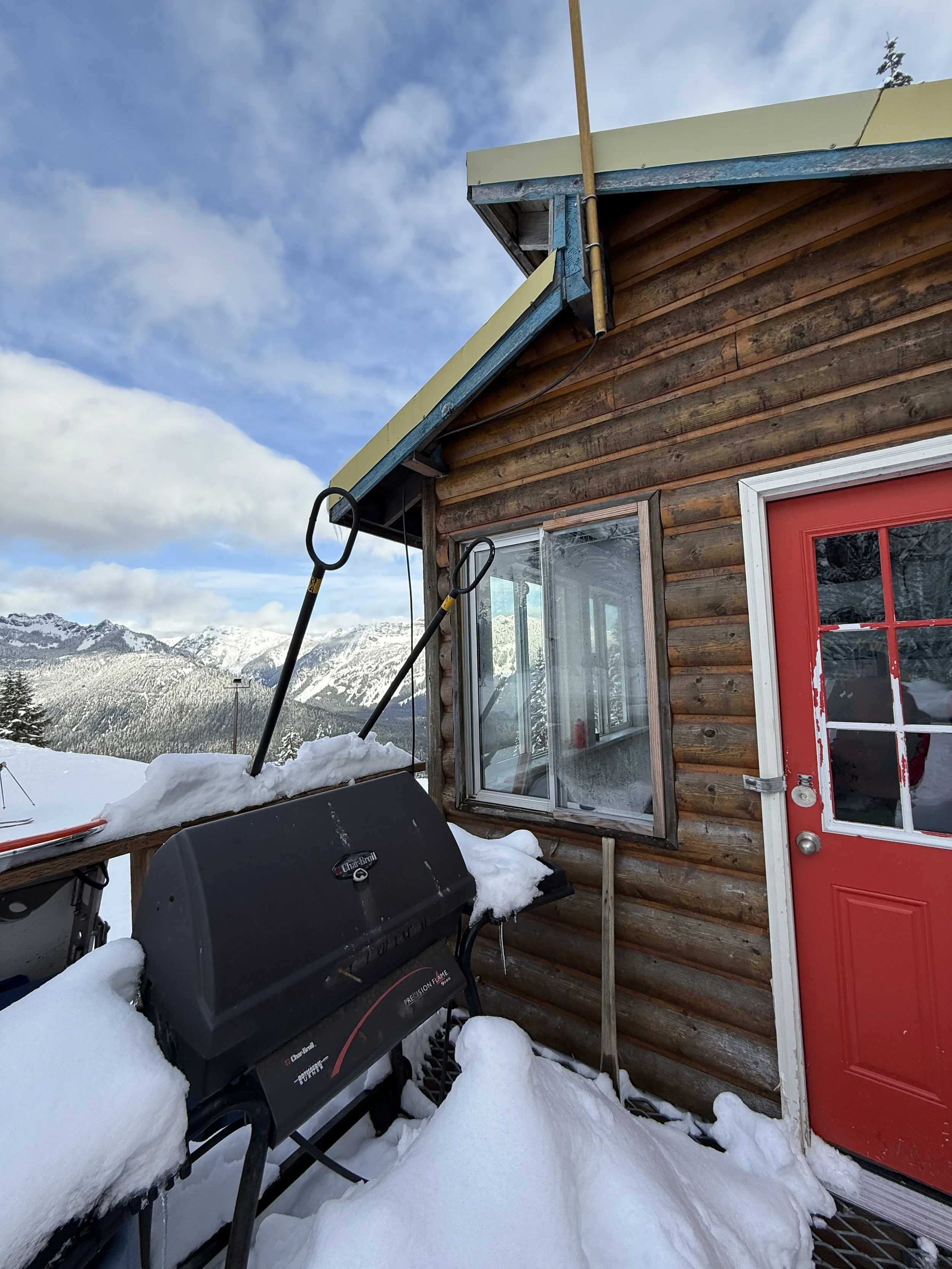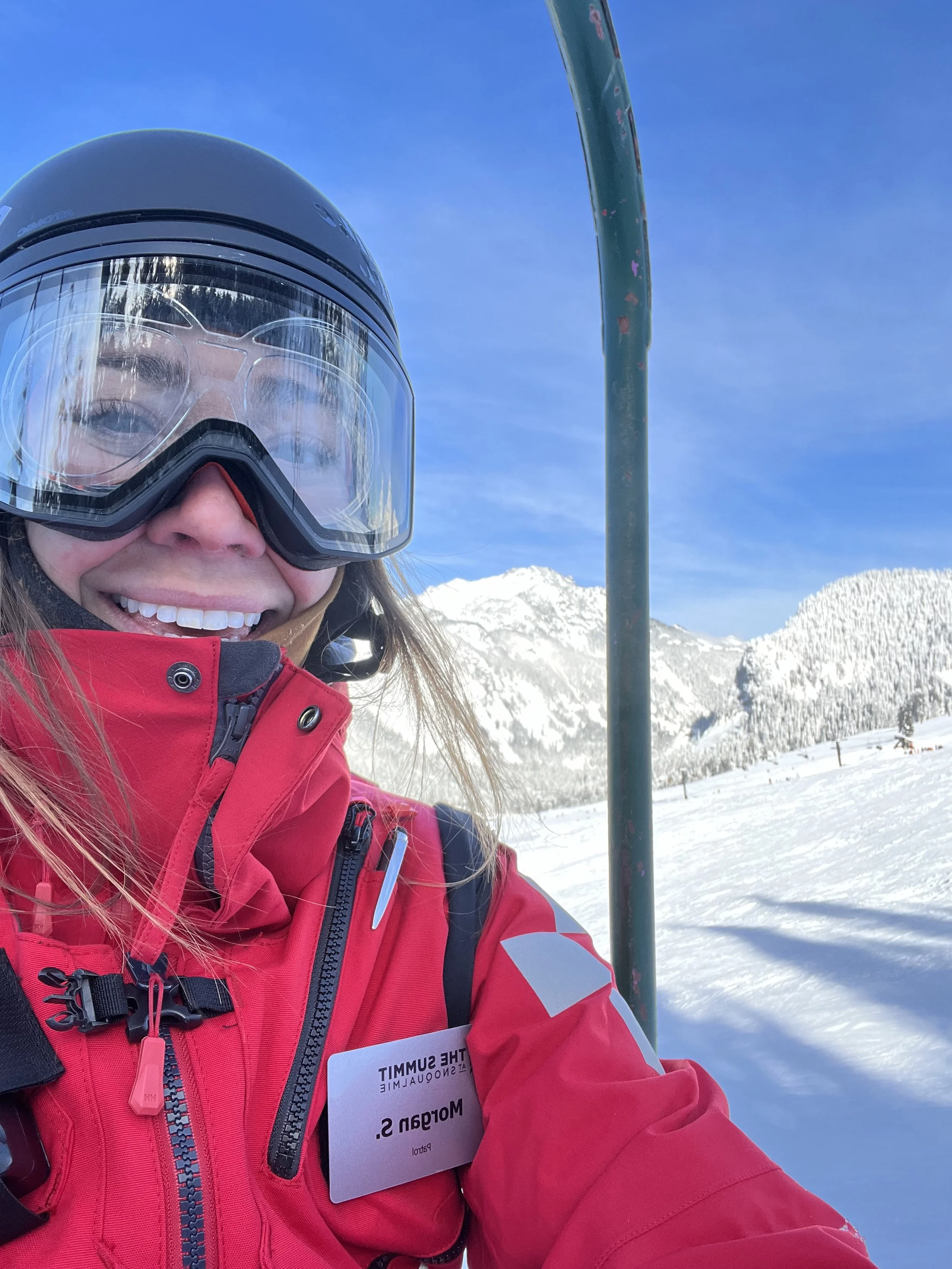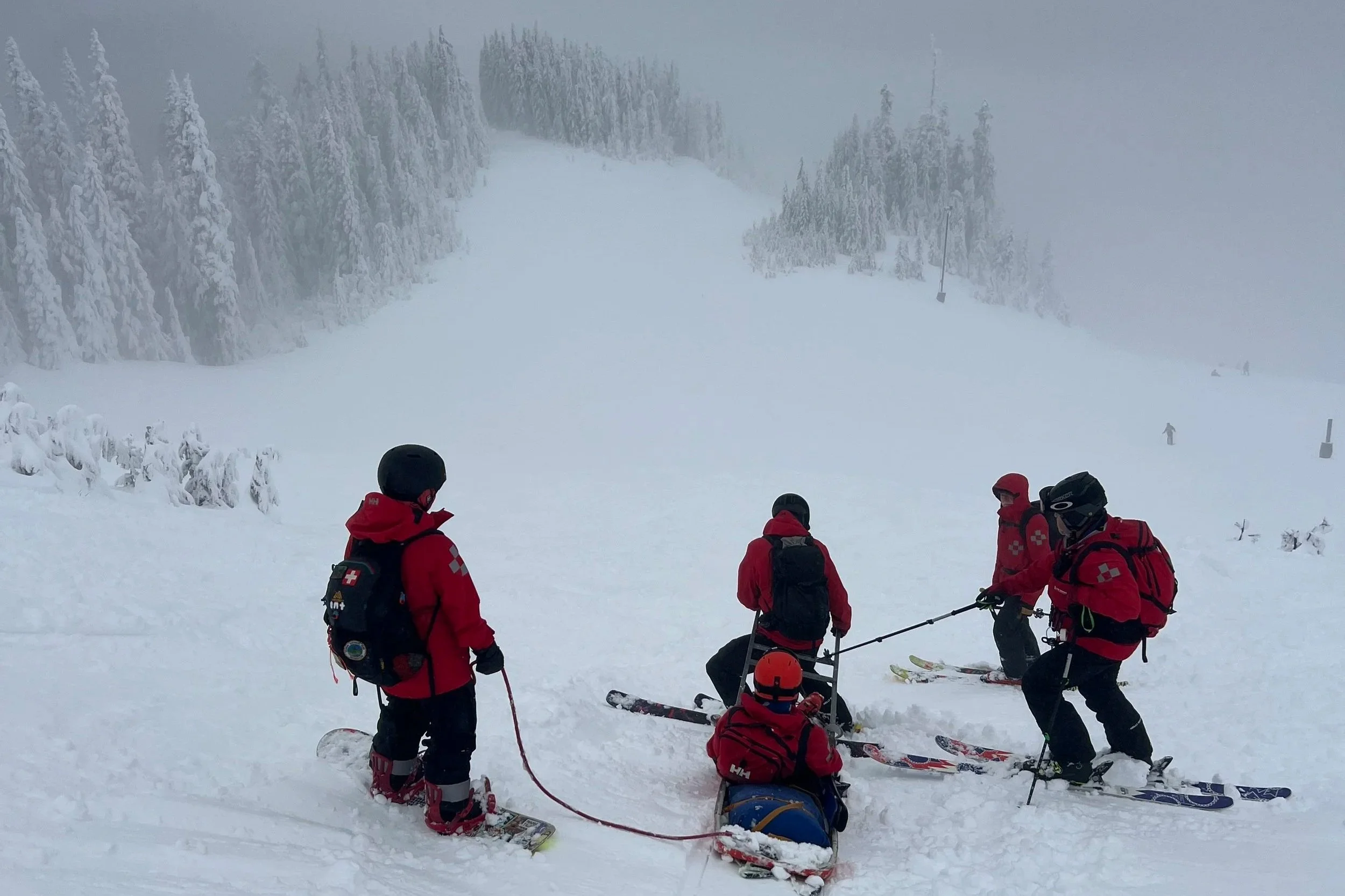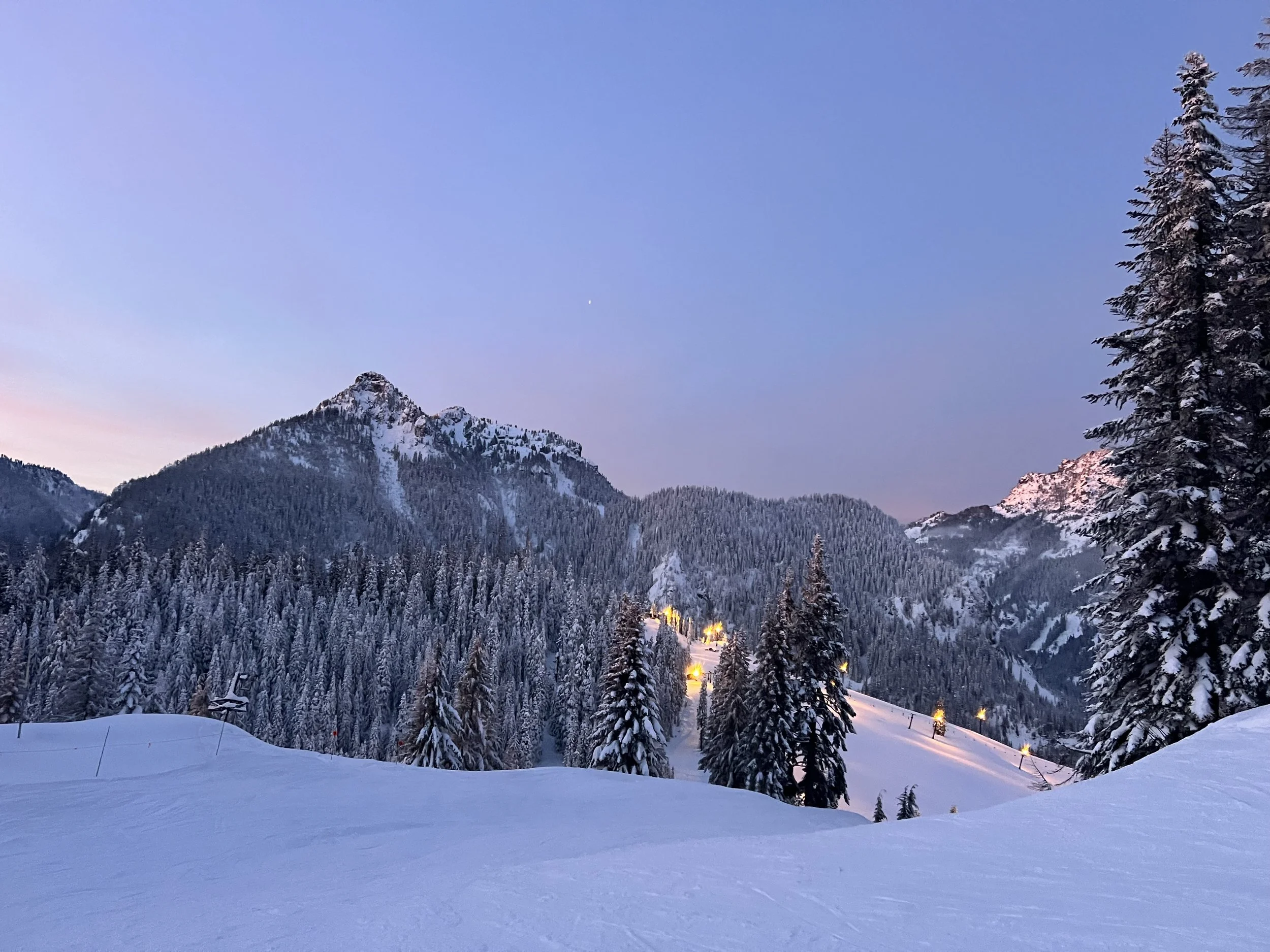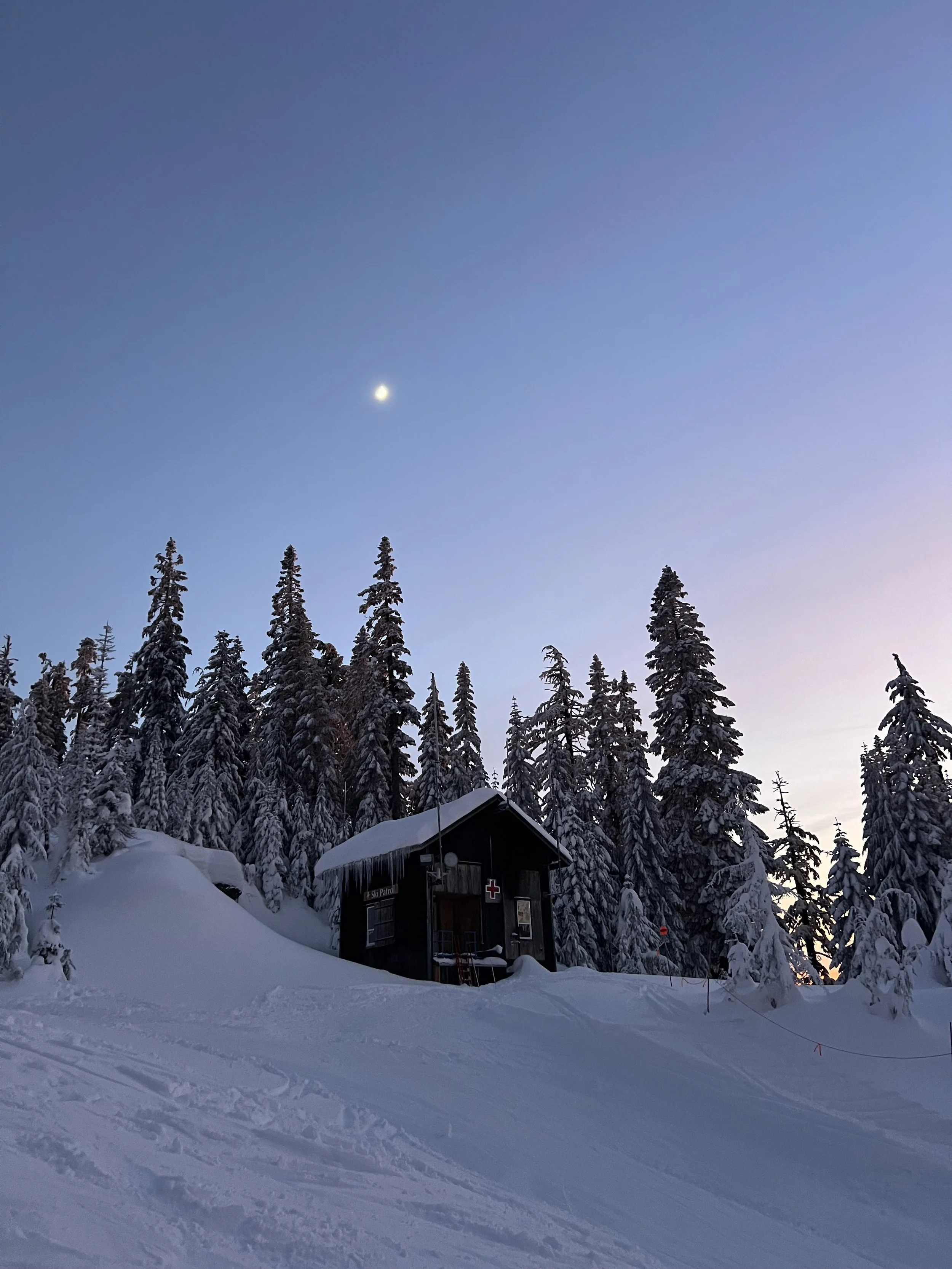What It’s Really Like to Be a Rookie Ski Patroller
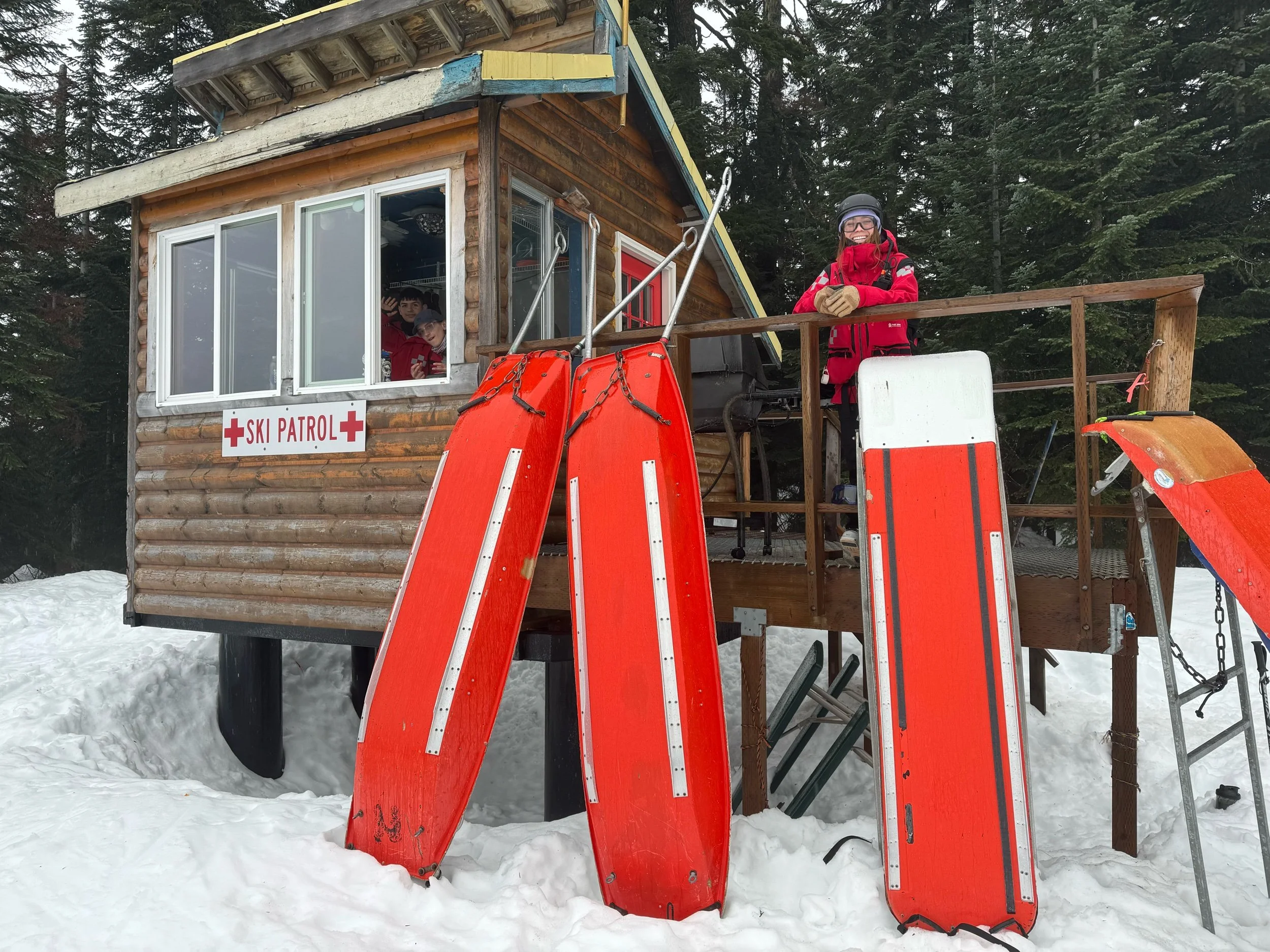
What It’s Really Like to Be a Rookie Ski Patroller
Why I Joined
I didn’t grow up dreaming of joining ski patrol. It came later—through backcountry skiing, mountaineering, and a deepening relationship with the mountains. But after witnessing several serious injuries in the backcountry, including some that required technical extractions, I realized a hard truth - I was not the best asset to my team. I wanted to respond, not just observe. I wanted to be a part of the team showing up when it mattered most. The one with the answers instead of more questions. I wanted to be the one who know what to do when the sh*t hit the fan.
So, in my 30s, I made a move that surprised even me. I started training to become a ski patroller—now heading into my third season.
And, as a woman entering a space that has long been dominated by men, I made another quiet but powerful decision: to take up space. To show up fully, lead without ego, and challenge the status quo in the outdoor industry—not just for myself, but for every woman watching and wondering if there’s room for her here.
Rookie Reality Check
Rookie year, no matter your age or background, is a lesson in humility and a test of your cartilage.
When I first put on the red jacket, I thought I was tough. I’d hauled overnight gear through snowy basins, broken trail for hours, and navigated avalanche terrain on skis. Even now, with multiple seasons under my belt, I’ll admit: the job is physically brutal. Nothing quite prepared me for 15-hour shifts in ski boots, back to back calls. Hauling 100lb sleds. Setting up boundary rope lines in storm conditions and assisting guests in absolute distress. All in the wind, rain and sometimes on an ice luge of a slope.
Your body will ache in places you didn’t know could ache and Lord you’ve never been this dehydrated in your life.
You're constantly adapting—both mentally and physically—to new terrain, changing weather, and human needs.
It’s not glamorous. It’s fence repair in sideways snow. It’s radios squawking at dawn. It’s calming a terrified person. It’s pushing yourself physically, mentally, and emotionally — and still showing up with a calm, professional presence for someone else’s worst day.
“I’ve practiced CPR in full ski gear at 7 a.m., learned how to pull traction on a femur fracture in -10°F wind chill, and been on avalanche debris piles before most people have had coffee.”
What Surprised Me Most
It’s not all rescues and hero shots. There’s a lot of boundary line repair, snow safety reports, and slow rainy chairlift rides.
The camaraderie is unmatched. You build deep bonds with your team—through shared suffering, laughter, and trust. There are no giggles quite like the giggles of 3 tired patrollers in the bump shack who are ending two back to back doubles.
The emotional labor is real. You’re the calm in the storm for guests on their worst day… over and over and over again.
You never stop learning. Every shift offers a new lesson—in terrain, in medicine, or in how to work smarter, not just harder. When we aren’t repairing lines or helping guests, we are conducting trainings. I don’t think there was one shift over the last two seasons I did not participate in at least one training drill during my shift.
Running toboggan rescue drills on shift.
Would I Recommend It?
If you’re thinking about joining ski patrol, do it because you care. Not for the jacket or the free lift ticket—those get old fast. Join because you want to serve the mountain community, challenge yourself, and grow.
It’s hard work. Your body will hurt. Your ego will shrink. You’ll be underestimated and over tired. You’ll be up before the sun and in bed well after it has set. You’ll have to prove your competence again and again. Especially if you’re a woman. But your respect for the mountain—and the people who call it home—will deepen.
But here’s the truth: we belong here. Not just in the lift lines or on powder days—but on the ridge, holding the radio, making the calls, dropping the bombs, leading the charge. There’s power in being seen—and more power in showing others what’s possible.
For me, ski patrol is more than a job. It’s a way of giving back to the wild places that shaped me.
While the outdoor industry overall has made strides towards bridging the gender gap, there’s still work to be done.
I once had an instructor tell me that if I didn’t grow an ego, I wouldn’t hack it in this industry. I listed silently as the chairlift pulled us closer to the top and pondered to myself whether I belonged here.
I knew I might never be physically, mentally or emotionally the strongest on the team so who was I kidding being here? What did I have to offer?
It wasn’t until later in that season that I realized it was my lack of ego that made me an asset. It was decided, this would be my super power.
I would ask questions with humility, I would admit my mistakes in the pursuit of feedback, I would speak openly about my shortcomings and ask for help when I needed it. I would give credit to those who deserved it and even sometimes to those who dint.
I would show them a different kind of strength through my softness.
There are many challenges as a woman in this line of work, I’ve learned that presence speaks the loudest. I’m not waiting for space. I’ll make it. I’ll be the change I wish to see in the industry but on my own terms.
Let’s Connect
Have questions about joining patrol? Curious how I blend my careers in the outdoor industries? Leave a comment, reach out here or follow my journey on IG. I’m always happy to share about my personal experience in the hopes you might find you belong here, too.
